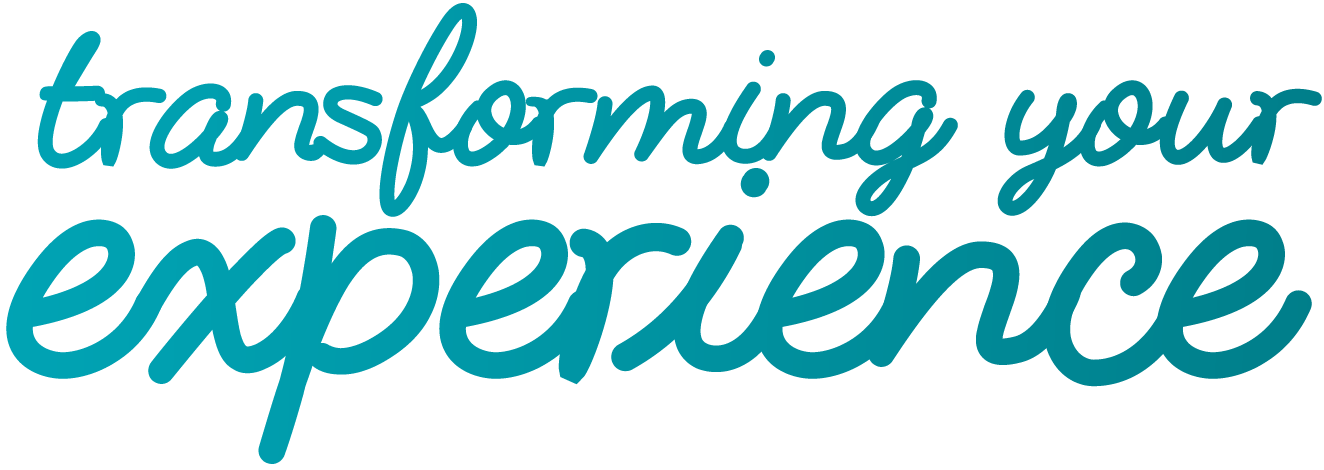|
|
YOUR RIGHTS & RESPONSIBILITIES
Being diagnosed with cancer can mean the beginning of a long and arduous journey for many. Finding your way through the health system can be difficult, especially when you are balancing the physical and emotional effects of cancer.
Understanding your rights
The NSW Department of Health sets out key patient rights. You have the right to:
- Be treated with respect, dignity and consideration, and receive services free from discrimination regardless of your age, gender, sexual preference, religion or culture
- Free hospital inpatient services as a public patient if you have a current Medicare card
- Ask for a health care interpreter
- Be informed of any costs of services
- Treatment based on clinical need regardless of your ability to pay or your health insurance status
- Have a clear explanation of your condition with information that is easy to understand, including risks and other choices
- Have your personal information kept private and confidential
- Obtain a second opinion about your condition
- Give a compliment or make a complaint
- See your health record to the extent permitted within NSW Health guidelines
- Decide if you want to take part in medical research and the clinical training of junior doctors and medical students
- Take part in decisions about your health care
- Apply for a travel allowance if you need to travel more than 100 km to receive treatment
- Receive instructions to care for yourself after discharge
- Leave a health facility at any time at your own risk and liability
- Refuse care from a particular health care practitioner or facility.
Your responsibilities
To be most effective, health care has to be more than a one-way street. For example, if you want communication and patience from your health care providers, it helps to provide the same in return.
Be honest and open
A key responsibility is to make sure your health care team has all the information they need to offer treatment that is best for you. Be up-front with your team and give them accurate details about your health. Open communication is important in a number of key areas.
Tell your health care team if:
- You have a question or a problem. It's vital that you communicate any issues that you don't understand or are troubling you, so your team can help.
- There are factors in your life that might affect treatment decisions e.g. if you live alone, if you care for a young family or an elderly relative, or if you work or study
- You have side effects or pain. Your team may be able to change the dose or offer medication to relieve side effects
- You are taking any other medications, including prescription and over-the-counter drugs and complementary and alternative medicines. Tell your health care team even if you think the medication is harmless. Some medications interact with cancer drugs, causing side effects or reducing the effectiveness of the cancer treatment.
- You're seeing more than one doctor
- You decide not to follow your doctor's instructions, such as not taking prescribed medication.
Be considerate
There are some basic responsibilities that relate to practical issues, including:
Treat all staff and patients with courtesy, dignity and respect
Be on time and let the health service know if you are unable to attend your appointment.
Be flexible
Your doctor plans your treatment based on your initial test results. You'll then have tests to check your response to treatment, and your doctor may have to reassess the treatment plan. So it's important to stay flexible and accept that your treatment may change - although, of course, you still have the right to be involved in making decisions about the new plan.
Source: NSW Cancer Council
Consumer advocacy links
Understanding your rights - NSW Cancer Council
Cancer Voices NSW
Consumers Health Forum of Australia
Health Care Complaints Commission
Community participation framework SWSLHD
NSW Health YHRR brochure
|



